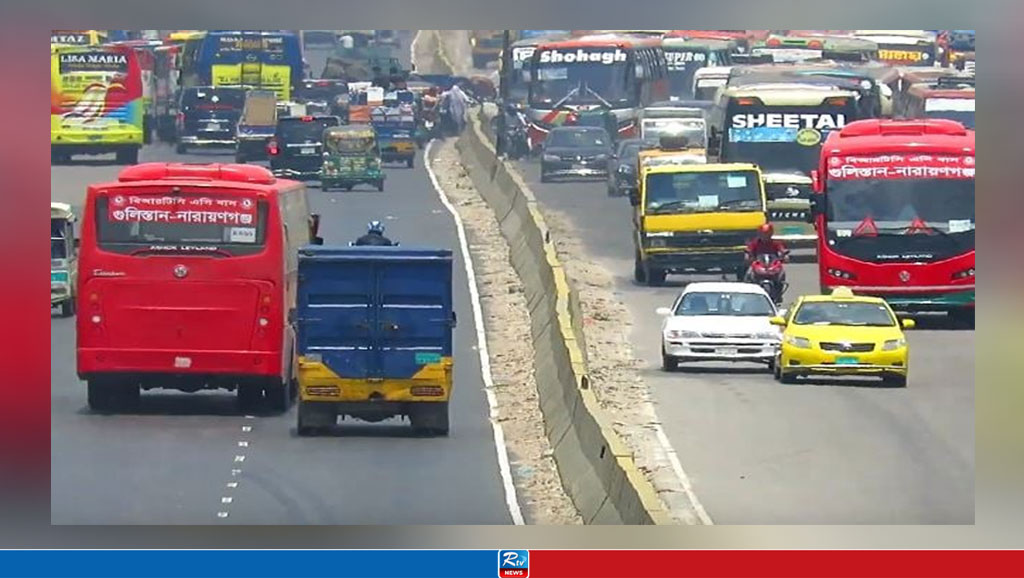Nationwide German transport strike causes major disruptions
Strikes focused on public transport has brought the vast majority of buses, trains and planes in Germany to a halt. The 24-hour action, which began at midnight, is part of a long-running pay dispute.
Almost all planes, trains and buses in Germany were at a standstill on Monday after a nationwide 24-hour strike began at midnight.
Preparations for the strike had already caused major weekend travel disruptions.
Two major unions are deadlocked in negotiations with public sector employers in several transport sectors — including rail, local public transport, and airport ground staff — and organized the strike to coincide with the start of a third round of talks.
Frank Werneke, head of the Verdi union that represents around 2.5 million public sector employees, spoke of the biggest strike in decades.
Long-distance and regional trains and local public transport all affected
The German rail network was similarly paralyzed. The EVG union said more than 30,000 railway workers have joined the strike.
Cargo transport on both the rail network and at the country's ports has also been hit as dock workers join those on strike.
Last week, national rail operator Deutsche Bahn took the unusual step of calling off all long-distance rail services in the country scheduled for Monday.
Often Deutsche Bahn tries to prioritize these services, several of which also cross international borders. Comparable past strikes in Germany had had a more pronounced impact on local services.
Regional rail services would also be massively curtailed, to the extent that it would not even be possible to operate on an emergency schedule akin to public holiday services, Deutsche Bahn said.
And in seven German states — Baden-Württemberg, Hesse, Lower Saxony, North Rhine-Westphalia, Rhineland-Palatinate, Saxony, and Bavaria — the strikes would also bring a halt to local public transport like buses, trams or the underground service.
As a result of this, traffic was also expected to be problematic on the road network, given that most commuters would be left with the choice between a car and a bicycle.
Almost all flights grounded or delayed by a day, Berlin's BER spared
Every major German international airport was affected by the strike except for BER Berlin Brandenburg Airport. In total nationwide, around 400,000 passengers were thought to face delays or cancellations.
At the largest hub, Frankfurt, all incoming and outbound flights were canceled throughout Monday, or alternatively labeled as delayed by a full day in the case of some long-haul flights.
Munich International Airport, meanwhile, had already halted flights on Sunday in anticipation of the strike and its effects. All passenger flights were off on Monday as well.
Berlin's BER Airport was the only one unaffected by the strike. Its online arrivals and departures boards looked comparatively normal early on Monday morning — except for all the regular domestic flights from elsewhere in Germany being struck through.
The strikes will also halt commercial and passenger shipping at several major harbors and ports.
Frustration on both sides
"The willingness to strike is very high, and the anger among the workers over being stalled by the employers is huge," EVG negotiating committee member Kristian Loroch said on Monday.
"We are striking today because in collective bargaining, despite the tight financial situation for many workers, we have not been presented with anything that is worthy of serious negotiations."
But state-owned Deutsche Bahn has slammed the strike and its wide ranging impact.
"Millions of passengers who rely on buses and trains are suffering from this excessive, overblown strike," Deutsche Bahn spokesperson Achim Strauss said. "Not everyone can work remotely."
"Thousands of companies that normally send or receive their goods by rail will also suffer," he added. "The environment and the climate will also suffer in the end. Today's winners are the oil companies."
However, financial experts said the fallout from the strike on the German economy would be limited.
"The mega-strike is a strain on citizens and damages Germany's reputation as a country for business," Commerz Bank's chief economist Jörg Krämer told Reuters. "But the economic impacts of a one-day strike are limited since almost all businesses, apart from those directly affected, will continue as normal."
The blocked ports, canceled flights and empty train lines could bring costs of up to €181 million ($195 million), said Klaus Wohlrabe, an expert at the Ifo economic research institute.
"It's a bit of a spanner in the works, but it won't lead to any substantial losses," he added.
Third round of negotiations starting, both camps far apart
Major umbrella German trade union Verdi, the second largest in the country by membership, and the EVG — a specialists rail and transport sector trade union — had called on members to coordinate nationwide.
Both unions have negotiations pending with public sector employers this week.
They are seeking pay increases of at least 10.5% and have rejected offers of two staggered 5% increases as well as one-off payments. The demands come as soaring inflation has hit the cost of living.
In Verdi's case, a new round of talks alongside the German Civil Service Federation (the DBB) union with representatives of the federal government and municipalities start in Potsdam on Monday.
"With the strike day in the transport sector it should be made unmistakably clear to employers once again that the employees stand fully behind our demands," Verdi's Frank Werneke said.
Asked about allegations from some politicians that the scope and extent of the strikes were counterproductive and could prove a "burden" on negotiations, Werneke said, "What employees right up into the middle income groups find to be a burden, above all, are the enormous price increases for electricity, gas, and groceries."
Ulrich Silberbach of the DBB told reporters that "We have recorded drops in real wages and these need to be balanced out," adding that some union members now require state benefits to pay for rent in large cities.
The EVG, meanwhile, is scheduled to pick up talks with various rail companies in the middle of the week.
Union chairman Martin Burkert told the Augsburger Allgemeine newspaper on Monday further strikes could be called, including over the Easter holiday period, if no viable offers were put on the table. However, EVG spokesperson Loroch later told the German press agency DPA that there would not be strikes over Easter.
27 Mar 2023,16:55

















 Live Tv
Live Tv









